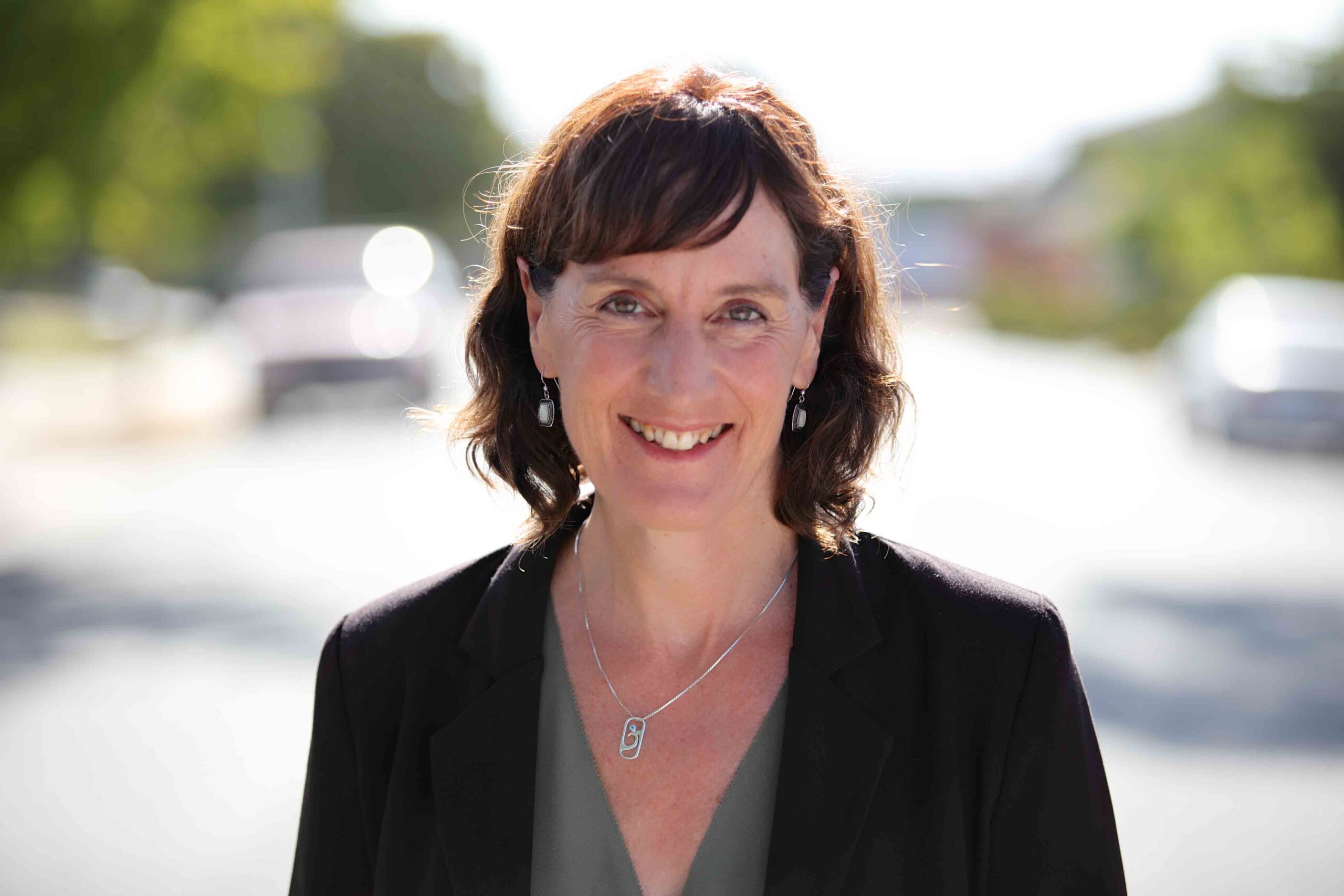May 7, 2019 by webranden
As presidential candidates continue to espouse single-payer health insurance, BRI Board Chair Sally Pipes appeared recently on Life, Liberty & Levin to explain how the ultimate loser under these government mandated programs would be doctors and their patients. http://bit.ly/2DTVDl1
Britain’s Version Of ‘Medicare For All’ Is Struggling With Long Waits For Care
April 3, 2019 by webranden
BRI’s own founder and Board chair, Sally Pipes, recently published an article in Forbes magazine with the results from a Royal College of Surgeons report on the National Health Service that found alarming results on the months of waiting in medical queues hoping that their number will be called for necessary, life-saving treatments. Do American’s want government-run, single-payer healthcare? http://bit.ly/2Iaoww0
March 26, 2019 by webranden
The national discourse seems to have shifted from socialism to what might be termed “managed” capitalism. I can’t tell you exactly how that might affect the practice of medicine. However, I recently ran across an article in Forbes by John C. Goodman that focused on what might happen in the U.S. were more socialist reforms adopted. [Read More]
Viewpoint from Beth Haynes, MD – BRI Medical Director
February 14, 2019 by
Recently I sat down to write a short comment on the recent HHS plan to tackle one aspect of rising pharmaceutical prices. In trying to comprehend this one small piece of our healthcare economy juggernaut, I was impressed yet again by the complexity of moving parts.
Anyone who tells you they know what will happen is lying or deluded.
An uncounted multitude of complex (and frequently contradictory) regulatory and legal requirements attempt to steer the operations of Medicare – which are different from regulations and laws directing Medicaid, which are different from those on private companies. And within private companies, there are different rules for profit and non-profit entities, and for the many subcategories of each. The result is that any one action (such as a change the regulations of one sector) sets off an unpredictable and uncontrollable cascade of reactions and interactions like a gigantic multidirectional, perpetual Rube Goldberg machine. (You can begin to see what I mean by reading this white paper: “Prescription Drug Pricing: An Overview of the Legal, Regulatory and Market Environment.)
So what can we do?
In the ER, when faced with a catastrophic emergency which requires immediate action in the face of limited resources often with inadequate information, the proper response is to get back to fundamentals. Identify and focus on the sickest yet still salvageable by stabilizing vital functions, conveniently referred to as the ABCs: Airway, Breathing, and Circulation.
In medicine, we have rigorously identified those fundamentals (though not without controversy and disagreement). This country is nowhere close to agreement on the fundamentals of economics and healthcare – the clarity of which we desperately need to guide effective change.
What are the primary, inescapable laws of economics to which we must adhere in order to have a healthy, functioning economy? What essential ethical (personal, social and political) principles should guide first our triage, and then our subsequent actions to facilitate a peaceful, prosperous society, and within that framework, medical care?
Until these questions are adequately addressed, any changes made in healthcare policy will be arbitrary, random, and rudderless.
There’s no answer that fits in a brief essay except to call for civil and thoughtful conversations aimed at open and honest inquiry into these most important matters.
THIS is BRI’s mission. Let’s keep inviting others to join us in this most important task.
December 21, 2018 by kdelbar
It is my pleasure to provide an end-of-the-year update on the state of the Benjamin Rush Institute’s chapters. I am thrilled to report that BRI is strong and growing.
Two new chapters have been added this academic year alone, and we have seven chapters actively exploring membership. These developing chapters include one nursing program and two residency programs. Both are new avenues we are hoping to add to the BRI expansion into the medical field.
We have been working closely with our current chapter leaders to learn how to best support their efforts. Having someone dedicated to the growth and sustainment of our chapters now allows us to offer our students additional help in planning their events. We want them to always feel adequately supported as they seek to educate their classmates on free market healthcare alternatives.
Building strong relationships with like-minded organizations is of primary importance to our mission in building chapters. I have been fortunate to meet and speak with many representatives from strong organizations dedicated to free enterprise solutions. Some of those relationships have developed into unique partnerships that are showing exciting opportunities for the students. Our partnership with the Cato Institute is bringing our students to Dallas in just a few weeks for an exclusive student-only summit, Health Reform U., a pre-cursor to Cato’s State Health Policy Summit, and BRI’s annual Leadership Conference will be in conjunction with this year’s FMMA Annual Conference in April. We are thrilled and honored for the future of these outstanding partnerships, and so many more.
The foundation of what we do is building chapters that can hold educational events. Those events range from lectures with policy experts and practitioners to book clubs to debates. We are excited about our new Second Opinion Debates series. Kicking off right at the beginning of the new year with events at Penn State and at the Medical College of Wisconsin, this series of debates will be focusing on both sides of the single-payer healthcare discussion. We will be hosting these debates across the country as part of the events our student chapters will hold on campus. Sharing many of our campus events via social media now – livestreaming events on our Twitter and Facebook pages – allows so much more access for our chapters. A chapter in one part of the country can host a discussion and students at another chapter can watch live! We will expand this functionality more in 2019.
We need your help to keep our mission going. Help me reach out to more students. Help us send more students to more conferences. Directly impact the work Robbie and I do in your state or at your medical school. Sponsor a Second Opinion Series Debate.
I am happy to answer all of your questions, and if you know any students that would like to start a chapter, I would love to speak with them. Please reach out to me directly, 703-835-6118 or [email protected].
Thank you for your support.
~ Rebecca Kiessling, BRI Director of Programs
2018 Mid-Term Election; Be Informed Before Casting Your Vote!
October 26, 2018 by kdelbar
Health care has emerged as a top issue for voters in the upcoming mid-term election, playing a prominent role in many House, Senate, and gubernatorial races. Many health-related measures are even on ballots in several states. Political ads, highlighting popular provisions in the Affordable Care Act (ACA), including protections for people with pre-existing medical conditions, are a fan-favorite of Democratic candidates.
The Kaiser Family Foundation reviews media coverage and political advertising by candidates during the current election cycle, to explore health care issues being discussed by candidates in key gubernatorial and Senate campaigns across the country. The aim of this review is to assess where health care issues have been a focus of the candidates, not to assess the impact of these issues on voters. – click here!


